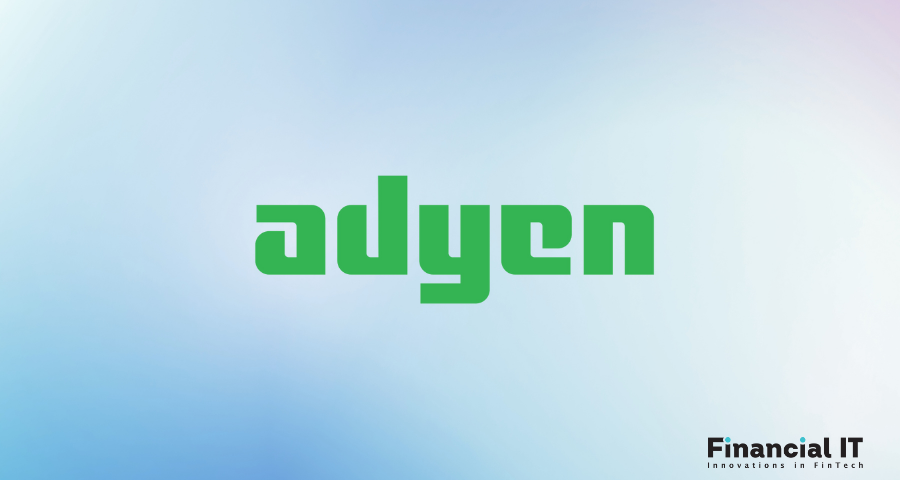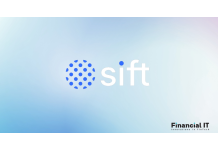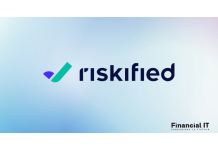Mastercard Steps Up Fraud Prevention Efforts With...
- 02.07.2025 12:05 pm
Spanish Banks Reduce Fraud Attempts By 23% Thanks To...
- 02.07.2025 10:10 am
Experian Strengthens Its Fraud Fighting Capabilities...
- 27.06.2025 10:25 am
We Fight Fraud Adopts Salv Bridge To Share Real-Time...
- 05.06.2025 08:05 am
Sift Announces ActivityIQ and Other Innovations to...
- 22.05.2025 12:25 pm
MRI Software Integrates Nova Credit's Income...
- 21.05.2025 05:15 pm
ACI Worldwide Recognized as Leading Provider of Fraud...
- 16.05.2025 11:55 am
Riskified Expands Reach with AWS Marketplace Listing...
- 16.05.2025 07:15 am
Entercard Adopts FICO Platform to Fight Application...
- 15.05.2025 03:55 pm
Greenlight Introduces Family Shield Plan to Protect...
- 13.05.2025 03:45 pm
First-Party Fraud Surpasses Scams to Become the...
- 13.05.2025 08:55 am
Feedzai: More Than 50% of Fraud Driven by AI and Hyper...
- 07.05.2025 10:35 am






















